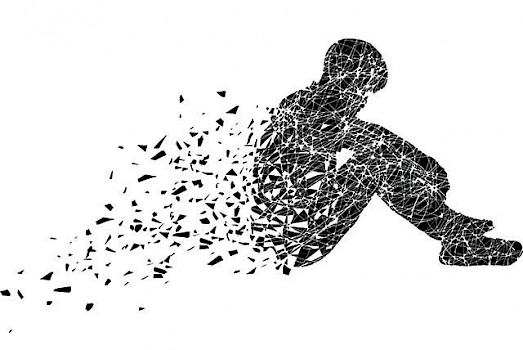Anxiety and depression can be difficult to deal with, but the bigger issue at hand has always been coming to terms with the fact that you could be struggling with your mental health. It may cause problems with your family, friends, your life at work, and may hinder not only your sociability but also your ability to everyday tasks such as getting out of bed and seeing people around you.
While anxiety and depression can reach unhealthy levels of affecting your regular schedule, it is best to seek a professional who can help you diagnose, and treat your illness. In case you are unsure of what to do in the midst of a panic attack, this article will give you some tips on how to handle things immediately; with everything from circular breathing to meditation, this article would be great to keep saved for future reference!
- Breathing Exercises
To begin with, try a few methods that you’re comfortable with and see which one works best for you. A reminder: what works for other people might not work for you so always refer your case to a professional who can help you personally.
An exercise that is efficient, quick and can help you calm down when you feel like your anxiety is getting the better of you is rhythmic breathing. This form of breathing helps you focus better on an aspect of your life you fully control, especially when during a panic attack you feel like you are spiralling. Usual methods include the 4 7 8 breathing pattern, alternate nostril breathing, or following a pattern if breathing that helps you feel connected, conscious and grounded.
- Chamomile Tea
If you find yourself being jittery and cannot control the fidgeting, a cup of chamomile tea might help you calm down. Chamomile has a compound named Matricariarecutitathat attaches itself to the brain receptors that would generally respond to medicines like Valium. For a more regulated use of chamomile that may end in a long-term cure for jitteriness, try drinking three cups of chamomile tea a day.
- Essential Oils
Another option for you to try would be essential oils. While there are several different kinds of essential oils you could find, the best one for a case of anxiety would be lavender and its calming effects. People who incorporate lavender oil into their regular massages are found to be more upbeat and deal with significantly lesser anxiety than their counterparts who do not.
Massages also help relieve built up stress and channel the anxiety out through healthier mechanisms such as cathartic removal of tension from muscles. If you are unable to find the time or for any other reason are unable to contact a masseuse to help alleviate your anxiety, a few drops of essential oils, especially lavender, directly onto your skin will help. This is most effective when done while holding a yoga pose. Another way of incorporating lavender oil into your routine would be to add a few drops of it to a hot bath with Epsom salts.
However, always be sure to do a test patch near your wrists or on parts of your skin that aren’t very sensitive to steer clear of any possible allergies 24 hours before you proceed to use lavender oil or Epsom salts regularly.
- Diet and Nutrition
Eating better and ensuring your dietary intake consists of foods that help keep your anxiety and mood in check will help tackle the issue of mood swings much quicker. Here are some foods you should add to your diet to help relieve anxiety: blueberries, peaches, whole grains, oats, avocados, eggs, milk, and meat. Most of these allow you to balance your magnesium, tryptophan and amino acid levels that help regulate your serotonin levels which have been known to calm and boost moods. Cortisol is a hormone that is used widely to lower stress levels and can be found in foods rich in vitamin C, omega 3 fatty acids, and magnesium such as oranges, fish, and spinach or other leafy greens. Taking a course in Diet & Nutrition can be really helpful.
Seek professional help if you do not find yourself getting better.
Do your best to feel your best self, but at the end of the day remember that your mental well-being is more important than anything else around you!
Author Bio: Hassan K Yousafzai
find a registered IPHM accredited Nutrition Therapist

